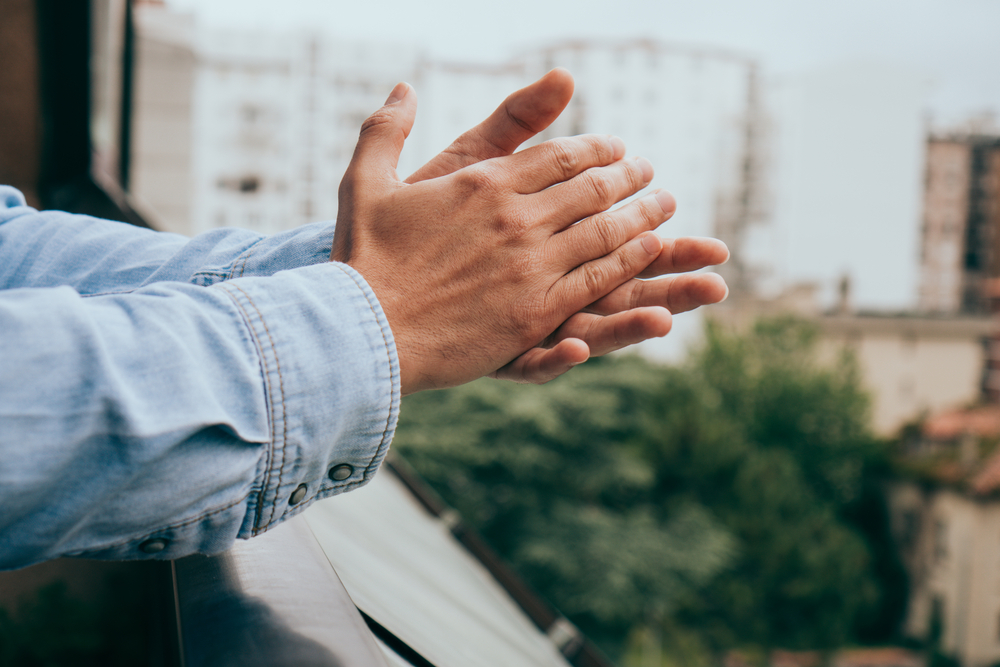COVID-19 Story: I am a Second Liner
By Conexus MedStaff - Posted Jun 1, 2020

This fight against COVID-19 hits closer to the heart for us as medical professionals. My friend in the Philippines has been in the hospital for 3 months now. He is an ICU nurse and followed all protocols to ensure his safety, including using PPE and frequent handwashing. He got so sick that at one point, he was almost intubated, but he fought back because he still wanted to see his family. He is better now but still confined, having tested positive on two different tests.
This fight against COVID-19 hits a lot closer to the heart for us at Conexus, because we have nurses in different countries. We cheered with them when they were told about their employment abroad, happy that we can give them opportunities to help their families in the Philippines or even bring their family to their new home abroad. While we all knew nursing is hard work, we were all surprised by the intensity of COVID 19 and the grit it requires from us. A friend abroad shares her story of 12-hour work shifts wearing hot and uncomfortable PPE, missing meals, and even foregoing restroom breaks. For us, those numbers on how many have tested positive, how many fatalities, how many recoveries are not only statistics. For some of us, these numbers had faces of people we have worked with, went to school with, or even faces of our family. Such is the sad story behind those numbers.
Sadly still, the battle is not just physical. COVID-19 brings mental and emotional challenges, too. The work environment is stressful and tiring. Seeing the severity of the disease and death on a daily basis creates fear, especially when these deaths are people we work alongside. A friend abroad developed mild symptoms and was put on home quarantine. After 14 days, with no more symptoms, she went back to work. But on that first day of work, she could only stay for an hour. She developed a numbing fear that she did not want to touch anything, did not want to talk with any patients or even with other nurses. Then again, there is the social battle when our frontliners are being discriminated against. I have heard stories where they were asked to leave their dormitories, another was told to find a different apartment. Some are not allowed on buses or public transportation because they say these nurses have the virus. Others still are not allowed inside restaurants – this was before the lockdown disallowed dine-ins.
What can we do to help these frontliners?
They are nurses like us, working hard to provide for their families, working hard to stay true to their oath. We can be their support system; we can be the second-liners who have their back. We pray for them, keep in touch with them to monitor their health and well-being. Where there is a lack of PPE, we help the campaign to get sponsors and suppliers. COVID-19 has brought out both the bad and the good. While some discriminate, there are also the brave at heart who generously give. In the Philippines, communities rose to the challenge and rallied behind the frontliners. Many donated PPE, gave free meals, free rides, and some, even offered their hotels, pensions houses, and apartments for free lodging. If we cannot be on the frontline, let us do our best to be the backbone behind those who are fighting the battle with their heart and soul, risking their lives for us. In showing our concern, our appreciation, our prayers, we empower them to fight on with all the hope that together, we can win this battle.
To all our Conexus nurses, we truly appreciate your hard work and we have got your back!
We are currently hiring international RN’s to join our team of talented nurses in the U.S.



